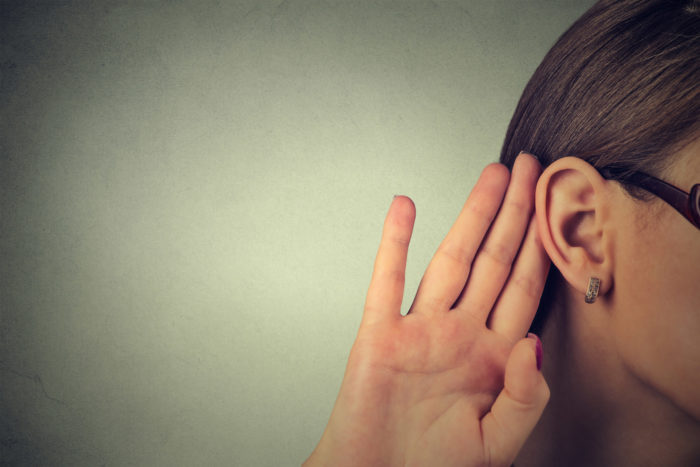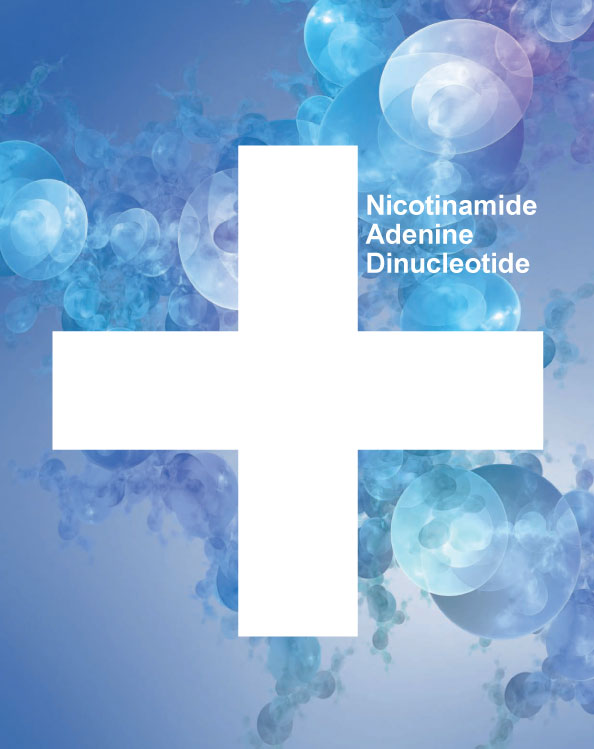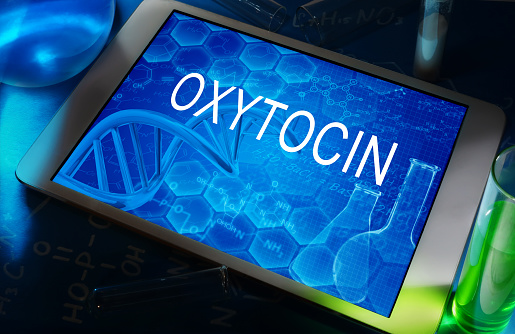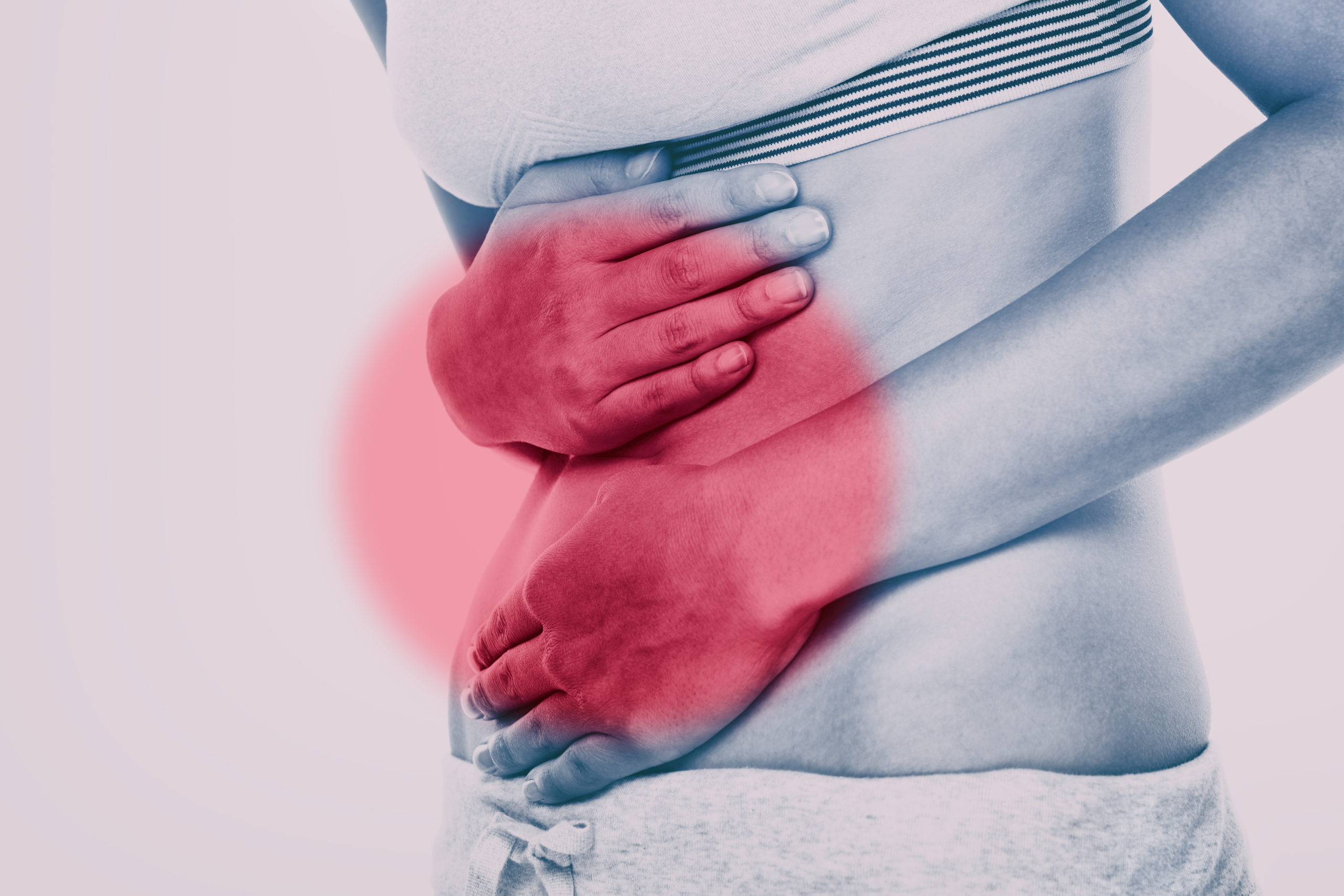
Aldosterone, the hearing hormone
November 26th, 2016Improved word recognition for those with hearing loss
By Dr. Richard Lippman
Researchers have discovered yet another hearing breakthrough that does not involve purchasing a hearing aid! With this new treatment, those with hearing loss caused by aging can enjoy increased sound volume and more importantly, improved word recognition. As a result of their restored hearing and comprehension, those with hearing loss can become more sociable again without the need for hearing aids. Another benefit of this treatment is that those who suffer from the need to urinate frequently suddenly experience improved bladder control. A third benefit is the eradication of the type of dizzy spells that occur when a patient stands up quickly after sitting for a long period of time.
Patients enjoy all these benefits when they use eardrops that employ a special time-releasing mechanism for the hormone aldosterone. The eardrops are used in the morning so that the advanced time-release technology can release the natural hormone aldosterone slowly and evenly throughout the day in proximity to the cochlea, the hearing center of the ear. I have heard from numerous patients who are thrilled that these eardrops have allowed them to resume their formerly active social lives.
My experiences with aldosterone and hearing loss
During the last thirty years, I have made many medical discoveries (including the nicotine patch) that have saved the lives of millions of people. I have also noticed that hormone deficiencies due to aging caused needless suffering in millions of people. . These observations have led me to conclude that hearing loss can be caused by shrinking endocrine glands and the subsequent loss of hormones, as well as numerous other illnesses encountered during aging. One key hormone that declines with age is aldosterone. I have found that patients with hearing loss were temporarily helped by consuming aldosterone 125 mcg capsules two to five times daily. However, this effect was only temporary because natural aldosterone is metabolized quickly and excreted from the body. This meant that taking a large quantity of capsules throughout the day was necessary because aldosterone has a short metabolic half-life.
I believed that there had to be a better way to administer aldosterone and in 2011, I devised my Lippman Protocol, in which patients improved their hearing by taking natural aldosterone capsules some days and synthetic aldosterone (Florinef®) other days. For many patients, this protocol simplified the need to take hearing meds, but I was still dissatisfied. Then, in 2014, I devised yet another method of improving hearing by employing the latest in time-release technology. I applied this new, cutting-edge technology to the natural hormone aldosterone and discovered, much to my amazement, that word recognition, tinnitus and decreased bathroom visits were the additional fruits of my research!
History of attempts to improve hearing
Scientists in Rochester, New York, did various tests and research over a decade ago to understand how aldosterone levels correlate with human hearing. It was found that those with lower levels of aldosterone in their bloodstream had poorer hearing quality than those with higher aldosterone levels. For those with hearing loss, aldosterone levels have been found to have, on average, half or less as much aldosterone levels in their blood as those with “normal” or very good hearing. This research was subsequently verified by the National Institute on Aging (NIA) (1,2,3,5).
I’ve seen relatives of mine with hearing loss have one fourth to one sixth as much aldosterone as those with normal hearing.
Activating rows of hair cells that transmit sound to the brain
We all have approximately 15,000 hair cells in our inner ears that vibrate to sound – these hairs are divided into five rows. Research has shown that Aldosterone appears to activate them (along with fludrocortisone) to trigger pure-tone hearing thresholds. As a result, sound volume is increased for both background noises and the human voice (although word recognition only seems to be partially remedied). I made the following statement in my lectures in Sweden on this subject:
“Apparently, the synthetic aldosterone drug, Florinef® (fludrocortisone) acts only on some inner-ear hair cell receptor sites while bioidentical (natural) aldosterone acts on all sites. Sound volume increases but there is not necessarily better word discrimination. This duel receptor-site action triggers an 85 millivolts threshold of electrical conductivity through the nerves of the inner ear. This trigger also depends upon a balanced electrolyte ratio of potassium and sodium. Thus, this combined hormone and electrolyte action produces significant sound-volume hearing improvement, but rather marginal improvement in word recognition since only two of the five rows control word recognition and they are only marginally activated (4).”
Further research in 2008 from researchers at the University of Portland in Oregon showed that increasing sodium transport in mice treated with aldosterone led to a reversal in hearing loss.
Apparently, the natural hormone aldosterone increases sodium versus potassium in the nerve endings in the cochlea (inner ear). Indeed, researchers verified that the physiology of inner and middle ear improves somewhat with aldosterone (5). However, the synthetic version of aldosterone, fludrocortisone, seems to attach so completely to the aldosterone receptor sites that it prevents natural aldosterone from fully activating its own receptors.
Following from this, Dr. Jonathan Wright (antiaging specialist and Harvard graduate) of the Tahoma Clinic in Washington found that tests on a patient with Meniere’s disease showed a hearing improvement by 30 decibels at 250 Hz. The protocol followed was 125 micrograms of bioidentical (natural) aldosterone consumed twice a day for 7 months (4). I further confirmed this by following my special protocol and seeing a hearing improvement of more than 30 decibels at 3,000 Hz – this level falls squarely inside the human vocal range. There was a problem, however, that was that word recognition was impaired and sometimes non-existent and difficulties with tinnitus continued.
With this in mind, patient’s hearing could be improved by as much as 40 decibels after several months of following my 2011 Lippman Protocol.
Possible side effects
Regarding adverse effects, Dr. Wright has stated: “None of the people I’ve worked with have had any adverse effects from aldosterone therapy, likely because the use of bioidentical, physiologic-dose aldosterone restores levels to those that would be found in the body anyway” (4).
In my research, I found that not everyone wants a 40-decibel enhancement. Such an enhancement can typically cause street noises to become too loud and even necessitate wearing earplugs at movie theaters. At times, due to this therapy, patients are forced to cover their ears tightly when an emergency vehicle drove by. In addition, I found that greatly enhanced hearing necessitates remembering to raise one’s voice during a conversation in order to be clearly heard by those with normal hearing.
Dr. Wright and I confirmed that hearing volume improved dramatically when taking aldosterone and that forgetting to take it resulted in an unfortunate and dramatic return to hearing deficiency, tinnitus, and possible social isolation.
We tested urine levels of aldosterone and confirmed that very low scores of below 5 micrograms per 24 hours were found in hearing deficient patients compared to scores of 20 to 30 micrograms per 24 hours in people with normal hearing. In fact, Dr. Wright’s 84-year-old patient consumed natural aldosterone capsules and increased his sound volume from 23 to 91 percent in his right ear and from 3 to 81 percent in his left ear (4).
How do hormones and nutrients impact hearing?
Low levels of aldosterone are seen as one biomarker of aging, although aging is not the only cause. When we age, we suffer imbalances in our sleep cycle (circadian rhythm) which in turn affects the adrenal glands. The adrenal glands are responsible for the production of cortisol (the “stress” hormone) and other critical hormones, so when these do not work properly, we suffer excess cortisol and lower levels of other hormones, including aldosterone.
Having excessive levels of cortisone in our bodies leads to further insomnia, which then in turn leads to even lower critical hormone levels. This can then lead to issues like hearing loss, frequent urination and lower DHEA levels.
Lower aldosterone levels may also lead to specific symptoms including:
- Low blood pressure
- Dizziness
- Salt cravings
- Thirst
- Dehydration
These symptoms often then result in fatigue and cellular energy loss to the inner ear’s 15,000 hair cells. In addition, significant dehydration in particular can lead to skin signs of aging, such as fine lines and pinched faces, which in turn helps to feed the billion dollar cosmetic industry’s sales of anti wrinkle creams that do not actually treat the cause.
Away from aldosterone, the body may also be suffering a lack of essential nutrients and vitamins such as Vitamin B12, Vitamin D and Oxytocin – both essential for normal hearing quality. Studies have shown that 5,000 units of Vitamin D3, taken as a daily supplement, can aid the reversal of hearing loss.
Note: Some prescription drugs such as Aldactone® (spironolactone) can impair hearing. (7)
Current hearing enhancement research
Much to the astonishment of my colleagues, I discovered that a patient should consume only one 125 mcg capsule of natural aldosterone daily and that it should be taken in the morning on an empty stomach. For those over the age of 50 who often have impaired stomach absorption, I recommend drinking 4 ounces of grapefruit juice with the capsule. My natural aldosterone therapy improves hearing volume by more than 30 decibels when continued for several months. This decibel quantity is huge: 30 decibels-plus means the difference between deafness and fairly normal hearing. For example, after following the Lippman Protocol for about a month, the hearing-impaired are able to carry on a conversation at a loud party with high volume background music. Sufficient hearing at loud parties becomes possible despite having consumed only a single capsule 15 hours earlier in the day.
Guidelines for taking natural aldosterone
I discovered that taking 125 mcg capsule of natural aldosterone daily on an empty stomach was most effective, much to the astonishment of my colleagues. This led to a huge increase in hearing volume and decibel quantity – more than 30 decibels after several months, as long as the regime was followed consistently.
What difference does 30 decibels make? Only the difference between deafness and relatively normal hearing – this could mean that someone at a loud party would be able to carry on a conversation with an increase of 30 decibels in their hearing, where they would not be able to previously. This is possible due to taking a single capsule 15 hours earlier in the day.
For those over the age of 50, I always recommend taking 4 ounces of grapefruit juice alongside, to help with absorption.
The Lippman one-capsule-daily protocol for increased volume only
Day 1
Morning – take 20 micrograms of fludrocortisone with filtered water
Days 2 &3
On each day, take one 125 microgram capsule of aldosterone before breakfast
Day 4
Repeat the previous cycle, starting again with fludrocortisone
Undertaking this repeat cycle will ensure that patients see constant high decibel hearing enhancement, except of course during sleeping hours. reduced hearing and increased tinnitus may recur during this time.
Points of note
- Grapefruit juice will help greater absorption into the bloodstream, but it should not be used alongside fludrocortisone (or any other prescription drug)
- Only tiny, judicious microgram doses of fludrocortisone and aldosterone are used – more is not better when it comes to hormones and nutraceuticals
- Do not mega dose – this can cause adverse side effects such as sleepiness or lethargy
On the other hand, in patients who have difficulties with word recognition, I recommend the all new aldosterone product, Aldo-Spray™ eardrops, which slowly time-releases aldosterone, thus allowing for improved word recognition.
Aldo-Spray™ use improves sound volume and word recognition
Aldo-Spray™ is easy to use. Upon waking, simply tilt your head to each side and press the plunger on the applicator bottle to enable a single dose of Aldo-Spray™ to enter each ear canal. Wipe off excess fluid with a paper towel.
Most people will notice some hearing improvement after about one hour; a hearing improvement of approximately 30 decibels to 40 decibels occurs two to three hours after application. In some people, both hearing and word recognition continue to improve throughout the day. In addition, tinnitus subsides throughout the day but returns at night, when aldosterone in the body returns to a deficient level. Before bedtime, you should gently clean your ear canals by using a cotton swab or by washing them out with soap and water.
Treatment of the ear canals before use
Before using Aldo-Spray™, be sure to check with your hearing specialist to determine that you don’t have a fungal growth in your ear canals. A typical symptom of fungal growth is itchiness in the ear. Ear canal fungal growth may be treated with a synthetic anti-fungal medication like Nystatin©. However, I’d strongly recommend using a completely natural solution called Pro-Ear™ that is available from several online retailers.
Old habits are hard to break
Recently, two physician friends were skeptical and feared changing their old habit of recommending only hearing aids to their patients. They asked me why I bothered with a bunch of capsules or sprays.
“Why not just buy a hearing aid?” one ear, nose, and throat doctor asked me. I answered him with a question: “What makes better medical sense: taking one capsule or spray daily and correcting a hormone deficiency or amplifying the volume on an already damaged hearing system?” My question flummoxed and silenced both of them.
We should be enjoying our golden years without high-volume hearing aids distorting already damaged hearing systems. You decide. One capsule/ one spray a day works!
References
- Tadros, SF et al, Nov. 2005. A Possible Protective Hormone against Presbycusic. Hearing Research, 209 (1-2), pp. 10-18.
- Trune, DR and Kempton, JB, May 2001, Aldosterone and Prednisone Control of Cochlear Function in MRL, MpJ-Fas (1pr) Autoimmune Mouse Ear. Hearing Research, 155 (1-2), pp. 9-20
- Trune, DR et al, Feb. 2006. Mineralocorticoid Receptor Mediates Glucocorticoid Treatments Effects In The Autoimmune Mouse Ear. Hearing Research, 212 (1-2), pp.22-32.
- Wright, JV. Oct. 2008, Don’t Go Deaf, Blind, or Lose Your Mind! Nutrition & Hearing, 15, Issue 8, pp. 1-7.
- Otolaryngology Head Neck Surgery, Nov. 2008.
- Hertoghe, T. May, 2010, Picture Atlas of Endocrinology & Hormone Therapy, SA International Medical Books, Windhof, Luxembourg.
- Laryngoscope, 2002.








